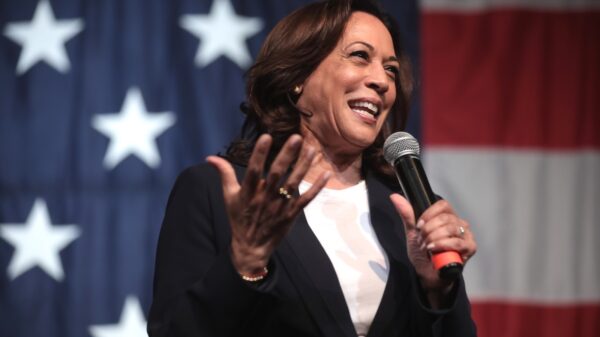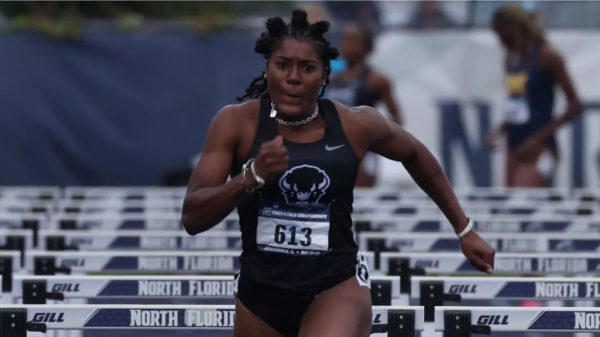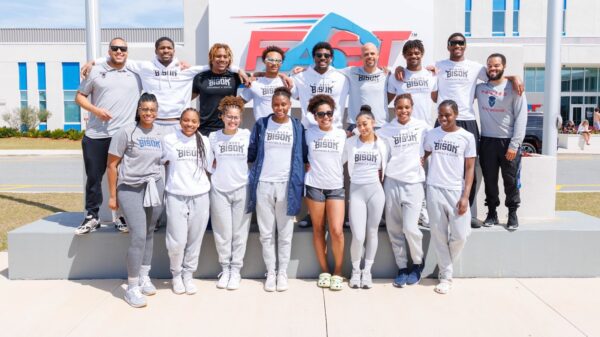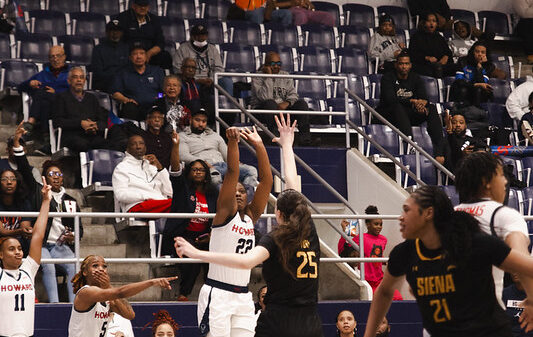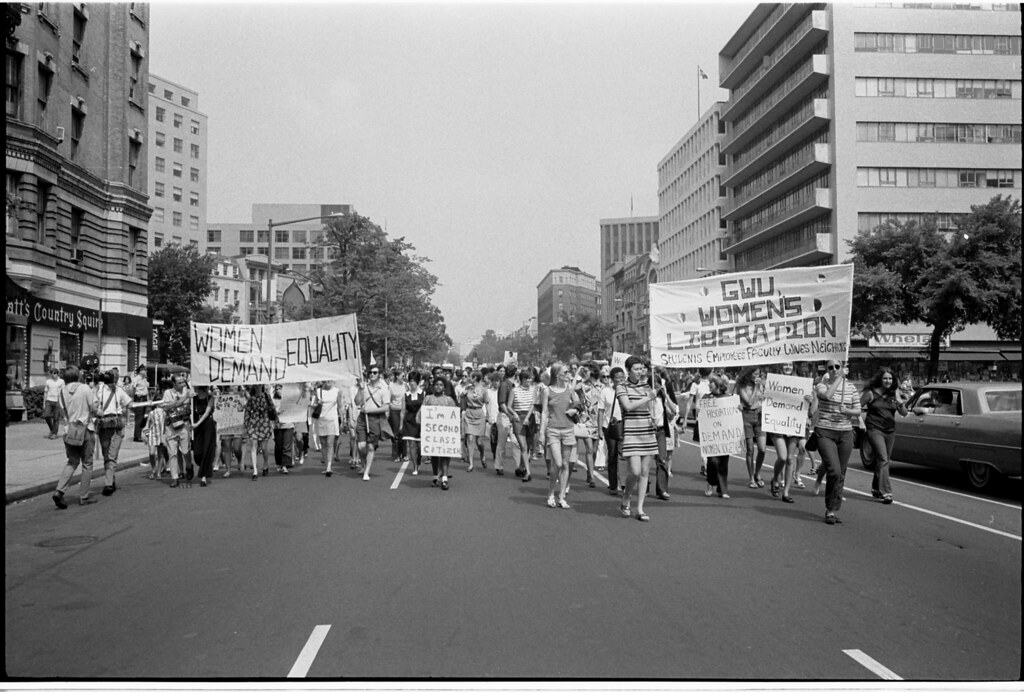
In the month of March, we are observing Women’s History Month. Declared in 1987, this month intends on celebrating all that women contribute to our world. However, the inclusion of all women in this celebration is questionable.
Unfortunately, Black women have not been consistently welcomed into women’s rights movements with open arms. Dating back to the Women’s Suffrage movement in the 19th century, this history of exclusion is clear.
One glaring example of this is the history of racist ideals held by white women’s rights activists. Many of these figures, including Susan B. Anthony and Elizabeth Cady Stanton were anti-black. They have been noted on several occasions to have been describing Black people in an inferior, inhumane light.
In Brent Staples’ article “How the Suffrage Movement Betrayed Black Women,” he states that “Stanton, the campaign’s principal philosopher, is exposed as a classic liberal racist who embraced fairness in the abstract while publicly enunciating bigoted views of African-American men, whom she characterized as ‘Sambos’ and incipient rapists in the period just after the war.”
The public image of women’s rights movements fails to recognize the racial inequalities that are prominent throughout them all. White supremacist ideals are not absent from movements surrounding sexism, gender identity or sexuality. Although this may be contradictory to the idea of equality, there are substantial disparities between the experiences of white and Black activists.
While white women come across inequities as a result of being women, Black women are subjected to the oppression of their race and therefore a more severe level of sexism. US society, consisting of both racist and sexist ideals, view them as not only the inferior gender but also the inferior race. These layers of oppression make the Black women’s experience unique to any other.
Thus, being Black reshaped Black women’s involvement in women’s rights movements. In Tammy L. Brown’s article “Celebrate Women’s Suffrage, but Don’t Whitewash the Movement’s Racism,” she mentions how “Legal scholar Kimberlé Crenshaw argues that racism and sexism intersect in a manner that compounds Black women’s oppression.”
Unfortunately, not much has changed for Black women since the women’s suffrage movement. Present day women’s rights movements such as the #MeToo movement has just begun to include and uplift the voices of Black women. #MeToo acknowledges this only recently, despite the premise of the #MeToo movement, which to elevate the voices of women who were victims of sexual assault, and the hashtag itself was created by Tarana Burke, a Black woman and community organizer who began advocating around issues of racial and economic justice
“Our entry into these movements always changes them for the better because we push to make them broader, and more inclusive, democratic and radical. Black women helped to shape the contours of the first women’s movement in the 19th century,” said Dr. Nikki Taylor, a Professor of History and Chair of the History Department at Howard University.
“Maria Stewart, for example, was the first woman of any race to speak publicly before a mixed audience. She, in fact, became the first female public intellectual. Women were not doing that then. Stewart pushed the boundaries of what was acceptable for women of all races and empowered white women’s rights activists to follow suit,” Taylor continued.
As we continue highlighting women throughout March, let’s not forget the countless Black women who shaped many of the women’s rights ideals we see today. Not only have Black women made a great impact on women’s rights, but they have also been doing so with little to no recognition. It is clear that we ought to advocate for Black representation in women’s movements and give Black women some long overdue respect.


